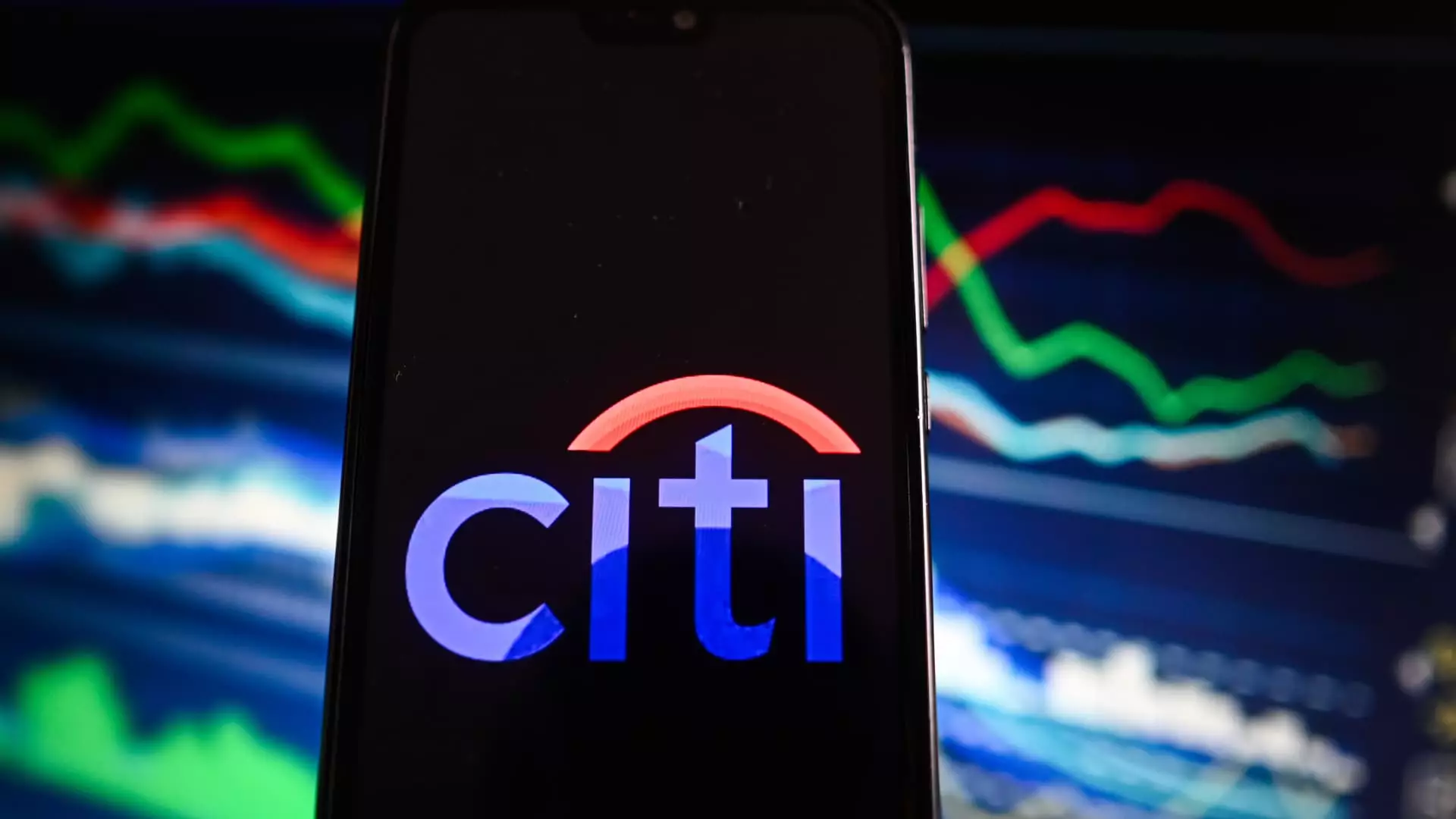The stock market is frequently influenced by political events, and the recent surge in bank shares is a prime example of this dynamic. Following Donald Trump’s anticipated victory in the presidential election, major banking stocks experienced significant gains during overnight trading. As investors reacted positively to the election results, prominent banks saw an upswing in their share prices, indicating an optimistic sentiment across the financial sector.
Specific Gains in Banking Stocks
In particular, Citigroup showcased a remarkable increase of approximately 5% during special late trading sessions that took place on platforms such as Robinhood, emphasizing a growing appetite for investments in renowned names. Other banking giants, including Bank of America, Wells Fargo, and Goldman Sachs, also reported notable gains, ranging from over 2% to more than 3%. This collective surge reflects investor confidence in the banking sector amidst the political change.
Investor Sentiment and Regulatory Expectations
Former President Trump’s potential return to the White House is perceived as an influencer that could favor the financial sector, particularly due to his administration’s previous stance on deregulation. Analysts believe that under Republican governance, there could be a decrease in regulatory scrutiny, especially concerning the Consumer Financial Protection Bureau (CFPB). For example, TD Cowen analyst Jaret Seiberg hinted that reducing CFPB oversight may directly benefit financial institutions, suggesting that Trump’s approaches could pave the way for a more favorable regulatory environment for banks.
Seiberg’s insights highlight that the banking industry could profit from potential changes in capital requirements and credit card policies, thus promoting more robust trading operations. By signaling possible leniencies on financial regulations, Trump’s anticipated policies could create an environment conducive to risk-taking and increased profitability for banks. Furthermore, the hint at bolstering cryptocurrency regulations could lead to new avenues of growth for financial institutions.
However, while the current narrative leans towards optimism, it’s crucial to recognize the inherent risks associated with Trump’s policy propositions. His agenda could introduce inflationary pressures, particularly in areas tied to tariffs and immigration policies. As much as there is potential for growth and deregulation, the broader implications of these policies can lead to economic instability, creating a new layer of complexity for investors to navigate.
The invigorated interest in banking stocks following Trump’s election highlights the intricate relationship between politics and market performance. While the endorsement of deregulation offers promising opportunities for financial institutions, market participants must remain aware of the potential counterbalancing risks that Trump’s policy changes could entail. As the situation unfolds, ongoing monitoring of both market conditions and regulatory developments will be essential for making informed investment decisions in this volatile landscape.

Leave a Reply